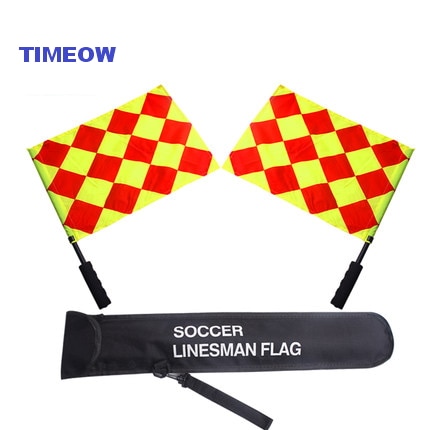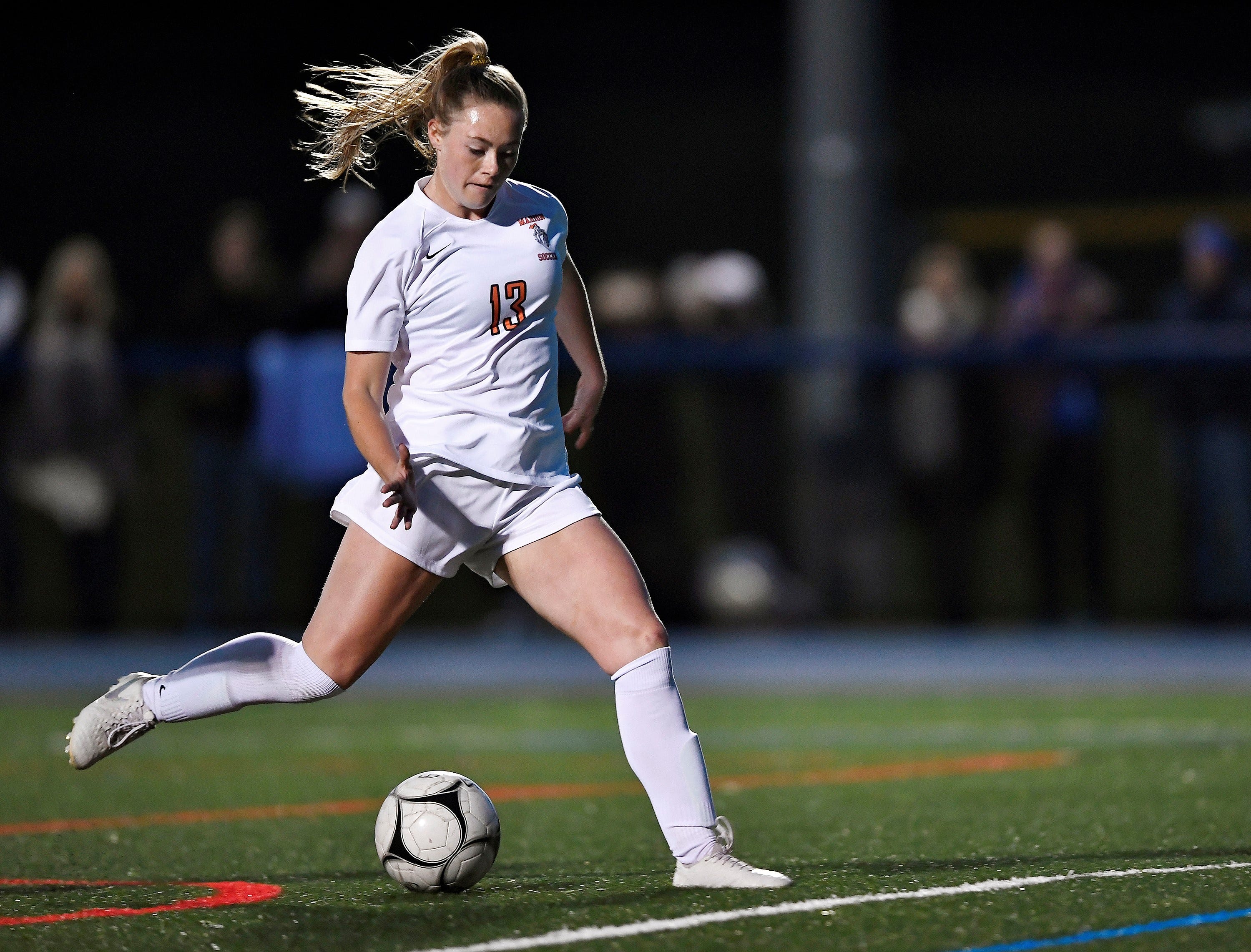
Soccer is a fun sport that kids can enjoy. They learn teamwork, scoring goals, and developing self-confidence. They learn that losing and winning are not always the end of the game. Even though every team has their bad games, they are all good. Perhaps the other team did better that day. A kid can't appreciate the feeling that winning brings until they lose.
Beginner's soccer skills
Soccer is a highly physical game. This is why it is so important that children learn to control the soccer ball. This requires a steady footwork and a strong hand. Soccer players also need to be able to accurately pass and receive passes. Quick passes can cause confusion in the defense and allow for an attack. If you see an open teammate, you should pass the ball to him. Make sure you use your inside foot for a great pass. Next, bend your knee. Then, bring your left leg to the side of your right foot. With practice, accuracy and technique can be improved.
A good soccer coach will teach kids to work hard, but at the same time have fun. Kids must know that they made a mistake, but they can also learn from it. It will help them to improve quicker by being positive. They will learn faster and be more confident. It is common for beginners to not realize how much they need before the game begins. This is a very difficult situation, because they will encounter many different opinions about the game.
Teamwork
Soccer is great for children's social skills and helps to build friendships. It improves coordination and helps children learn to work in teams. Playing soccer can help your child overcome shyness. Soccer is a great way for kids to learn healthy competition which is an important life skill.

Your child can encourage teamwork by cheering each other on. Even if they don't make a play or score a goal, they should learn how to encourage their teammates. Your children will be more likely to do more for their team and to feel more motivated to succeed if you encourage them.
Goal-scoring
Goal-scoring is a crucial skill for kids who play soccer. Goal-scoring helps players improve their game and develops many other skills. Practice of different shots is essential for improving goal-scoring. Soccer players need to practice scoring just like tennis players. The more they practice, their chances of hitting a winner every single time are higher.
Young soccer players must learn ball control, dribbling skills, and how to use effective formations. The goal should be to teach them not to kick the ball around the field hoping for a lucky strike. While this strategy can be exciting and quick, it can also result in an unfortunate outcome.
Develop self-confidence
Soccer coaches can help you develop self-confidence. They can tell you that you're valued as a soccer player. It is important to feel valued. This is the first step towards building confidence. As you play more soccer, your confidence will increase. And your coach will be pleased that you love the game.
When you play soccer, you'll encounter many situations in which you will have to overcome your own lack of confidence. Many people react negatively to losses and defeats. But top athletes learn from these mistakes and make improvements. Instead of feeling defeated after a failure, top athletes look at their strengths and create a list.

Developing social skills
Recent research examined the correlation between social development and experience in soccer. The researchers found no significant difference in social development of players from the two groups, although there were significant differences in skill levels. Researchers noted that future research should include a strategy for evaluating players' social skills. Developing social skills is an important part of playing sports. It will increase the chance of success for athletes.
Researchers discovered that children with Autism Spectrum Disorder might benefit from playing group sports. The researchers wanted to assess the social skills of 13 autistic children who had participated in a football training program. The children were assessed on various social skills in various contexts of the game. A study found that playing a sport can help children diagnosed with Autism Spectrum Disorder improve their social skills.
FAQ
What does dribbling mean in soccer?
Dribble refers to the movement of the ball quickly from one side to another without stopping. It helps players pass the ball around and score goals.
Where can I buy cheap soccer equipment?
Sporting goods stores can sell cheap soccer gear. You will usually find soccer balls, shin guards, jerseys, and other items at discount department stores. You can also check out online retailers like Amazon.com.
What is a penalty shot in soccer?
Penalty kicks are awarded to players who commit a serious foul or make dangerous plays. The referee will award the opposing team the penalty kick if this happens. If the ball is placed in the goal within the time limit, the referee will award the opposing team a penalty kick.
What happens after a goal is scored in soccer?
The opposing team has the right to take a free kick after scoring a goal. If the defending team is found guilty of a foul during play, they can take a free kick. After the free kick is taken, it may result in another goal being scored.
What is the best position for me to play on a football team?
To be eligible to play for a soccer squad, you must first be selected by the coach. There are several positions on a soccer team. These include goalkeeper and defender, goalkeeper, midfielder, forward, as well as goalie. Each player has specific responsibilities.
Statistics
- At the 2018 FIFA World Cup, Belgium playmaker Eden Hazard, renowned for being difficult to dispossess, set a World Cup record for successful dribbles completed in any World Cup game since 1966, with a 100% success rate in ten dribbles against Brazil.[10] (en.wikipedia.org)
- Even with the new issuance, control of the club will be retained by the Glazer family as they will retain 67% of B shares which have voting power, so little will likely change in the general approach taken to the finances of the club. (sites.duke.edu)
- the estimated cumulative television audience for the 2006 World Cup in Germany was 26.2 billion, an average of 409 million viewers per match. (en.wikipedia.org)
- Get 10% off your first purchase using code BLOG. (technefutbol.com)
- The Laws of the Game do not specify any player positions other than goalkeeper, [74] These positions are further subdivided according to the area of the field in which the player spends the most time. (en.wikipedia.org)
External Links
How To
How to play soccer
Soccer requires good skills, such as passing, shooting and heading. These skills should always be improved. It is important to practice these skills every day. These steps will help you learn how to play soccer correctly.
-
Practice dribbling. Do some practice on the field. When you start practicing dribbling make sure that you do it in short bursts of 5 minutes at a time. You can increase the time to 10 minutes once you are comfortable with dribbling. You can continue practicing this technique each day.
-
Practice passing. Practice passing the ball both in front and behind you. It is important to correctly pass the ball to the person in the available space. Keep your passes short. It is best to throw the ball straight to the player that needs it. This way you can save energy and keep your body warm.
-
Practice heading. You need to be able place the ball in the net perfectly when you are heading. This goal can be achieved by practicing getting in position. Keep your back straight and face the target. Then bend forward slightly and put the ball under your chin. Next, raise the head and look towards what is in the upper left corner. Your eyes should be looking straight ahead. Stand straight up and then release the ball.
-
Do some tackling. Tackling is one of the hardest techniques to master. When you get it down, however, it can make football much more entertaining. Begin by covering your chest and shoulders with your hands. Don't try to go lower. Also, remember to keep your arms close to your body. A small group of two players is the best way to attack. One player acts as a defender and the second is an attacker. The attacker should be tackled immediately after he has passed the defender.
-
Shooting is something you should practice. It takes a lot of practice to shoot well. You will need to find a spot that you can shoot comfortably from. near the goal). Now, you need to focus on your form. Keep the ball in your hands and keep it from touching your body. Bend your knees and point your toes upward. Shoot the ball by making a circular movement with your wrist. Aim for the bottom right corner of the goal.
-
Get into running. Running is another skill you need to learn. Start slowly and build speed. Running shouldn't be used to attack, as it will exhaust your muscles. Instead, instead run toward the goal to support your teammates.
-
Practice kicking. Kicking is a skill that can be learned quickly, but can also be difficult. You need to strengthen your core, legs and core to kick correctly. Place both feet together and lift one leg at a time. Slowly kick it towards the net using your heels.
-
Practice dribbling again. This skill is vital to your success as a player. Dribbling allows players to control the game's pace. It allows you to set the pace. Consistency is key to mastering your dribbling. Do not alter your style of dribbling each day. Stick to what works for you.
-
Free kicks are available for practice. Free kicks are usually delivered after a foul or when the goalkeeper commits a mistake. Free kicks are a way to score goals and not have to play the match. Try aiming at the corners of the goal. Keep in mind to use your instep instead of your heel.
-
Practice defending. It all comes down to positioning. Playing defense means staying close to your opponent. Block his path so that he doesn't score. Always keep your safety in mind.